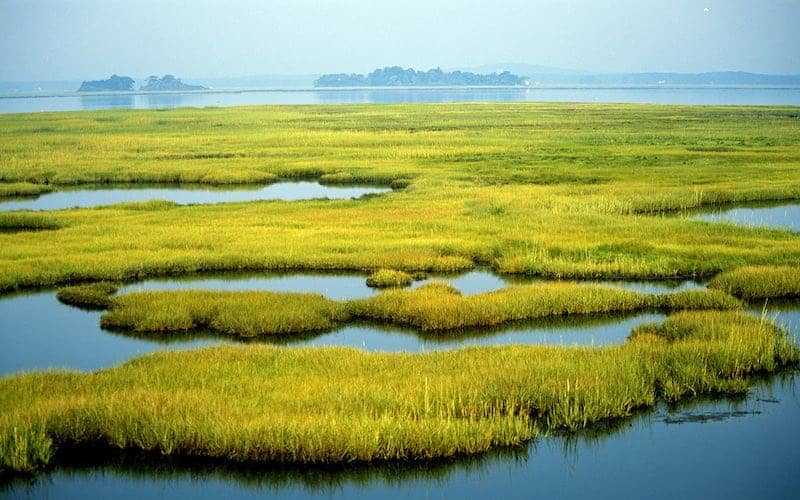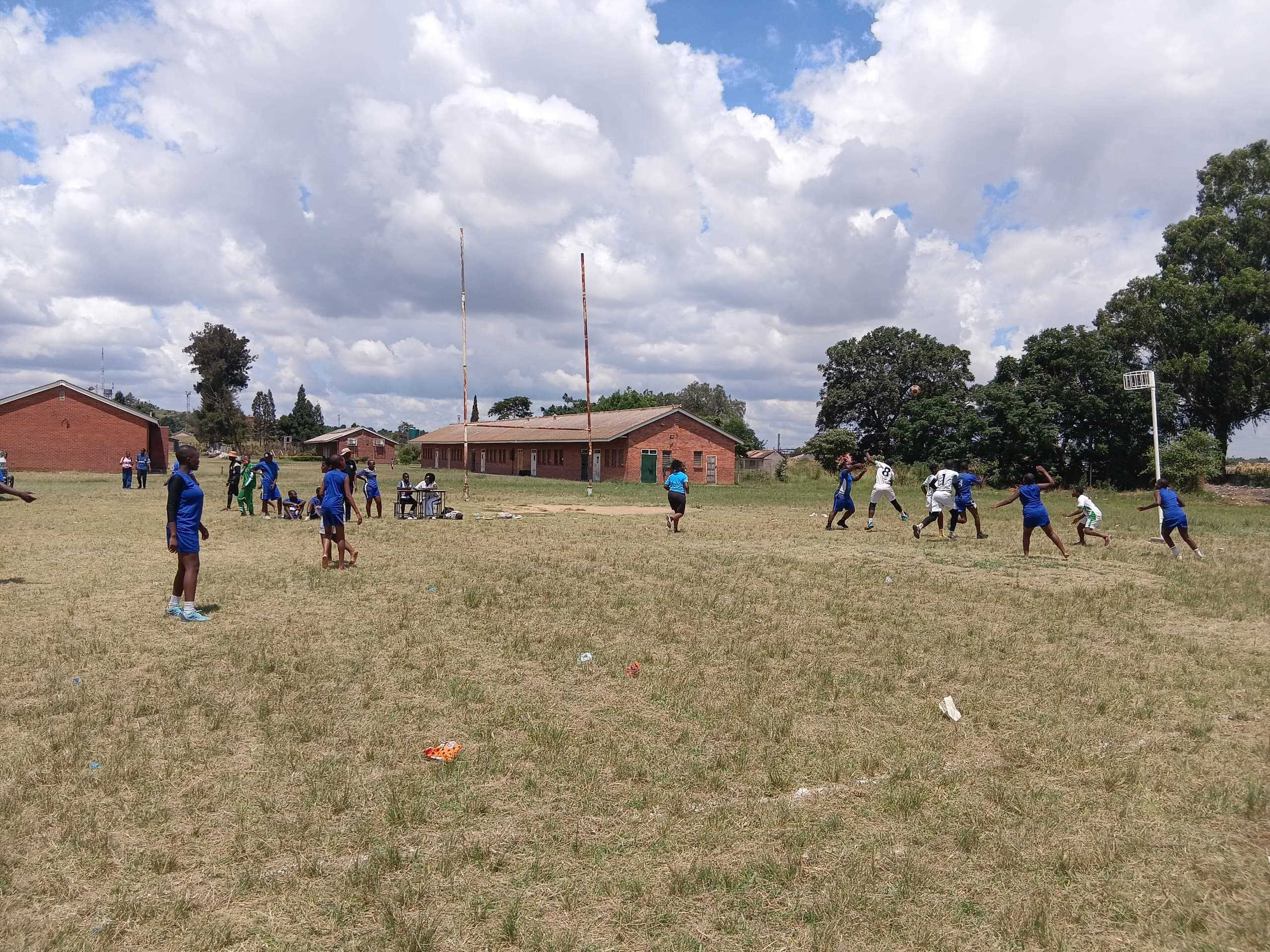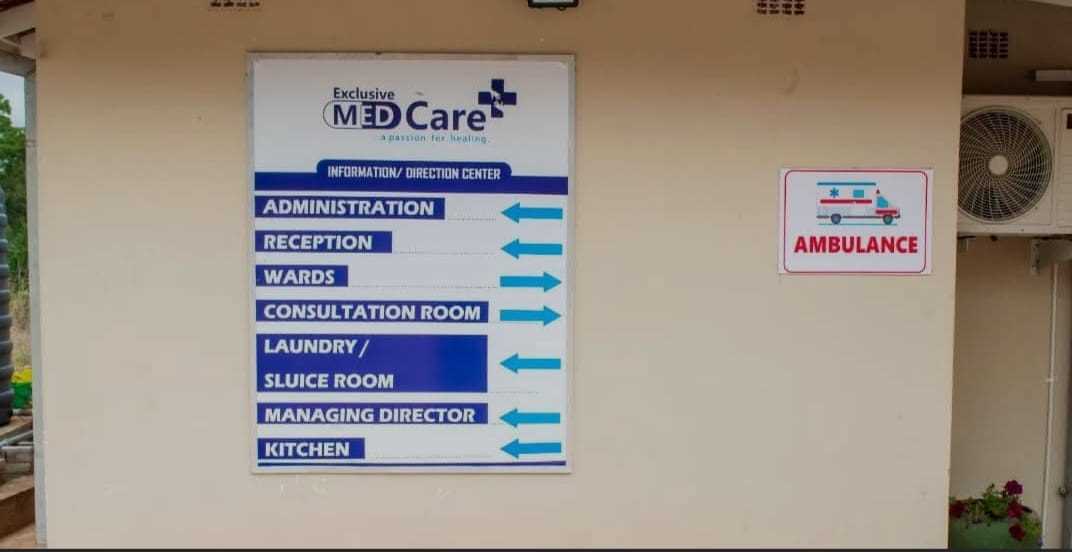
Rutendo Mazhindu - ZimNow Reporter
More than 60 percent of Zimbabwe’s headwater wetlands have been degraded or lost due to unsustainable human activities, with Harare alone having seen 3,717 hectares of its wetlands converted into built up areas, the Environmental Management Agency (EMA) has reported.
The wetland loss equivalent to about 16 percent of Harare’s total wetland area comes as the country prepares to host the 15th Conference of the Parties (COP15) to the Ramsar Convention on Wetlands in Victoria Falls from July 23 to 31, 2025.
BirdLife Zimbabwe Chief Executive Officer Ms Julia Pierini said wetlands were critical for Zimbabwe’s water security and biodiversity, particularly because most of them are headwater wetlands, where rivers and streams originate.
“As a landlocked country, these wetlands are our primary water source, and with the changing climate, they are drying up. This makes it even more crucial to protect them,” said Ms Pierini.
She said education and awareness efforts are key to promoting long-term wetland stewardship. “It is critically important that schools and children learn the value of wetlands and their role in supporting biodiversity. This event is an opportunity for them to connect with nature and understand what real sustainable development means,” she said.
BirdLife Zimbabwe Education Officer Mr Ronald Chirimuta added that young people must be active participants in wetland protection.
“When we talk about wetland conservation, even if you look at the theme for Ramsar COP15, ‘Protecting Wetlands for Our Common Future’, our common future involves young people. From schoolchildren to the youth, we cannot exclude them as we work to manage these important ecosystems,” he said.
Mr Chirimuta said building awareness among schoolchildren is essential to cultivating informed citizens who will later advocate for stronger environmental protection laws.
Related Stories
“It is crucial to help them understand the basics of what wetlands are, why they matter, and what we should be doing to manage them effectively. That way, when they eventually take up decision-making roles, they will already appreciate the importance of wetlands,” he said.
The conference, set to draw more than 1,000 delegates from 176 countries, will mark Zimbabwe’s first time hosting the Ramsar COP and only the second time the global event is held on African soil after Uganda in 2005.
Harry Davies, Policy Officer for Climate Change at the Netherlands Embassy, said Zimbabwe’s role as host and incoming president of the Ramsar Convention for the next three years places it in a unique position to drive wetland and climate policy.
“I think COP15 is being framed by many people as a major moment at the end of a long journey. But actually, for Zimbabwe, the conference itself marks only the beginning,” said Mr Davies.
“We will hold the presidency for three years, and during that time, it would be wonderful for Zimbabwe to significantly strengthen its wetland protection efforts in relation to water management, biodiversity, and climate action.”
He commended BirdLife Zimbabwe’s dual approach to wetland education and advocacy. “BirdLife Zimbabwe is certainly leading the effort locally in terms of wetland preservation, and we truly appreciate their approach. Today we are engaging with schoolchildren, and yesterday we were working with Members of Parliament. This shows that they are implementing both top-down and bottom-up strategies,” he said.
Mr Davies stressed that protecting wetlands is directly linked to sustainable water supply, particularly in Harare, which is recognised as a wetland city.
“Sustainable water management is a priority across the world, and in Harare, we cannot separate the conservation of wetlands from water security. Wetlands play an absolutely critical role in the local hydrological cycle and are under immense pressure from rapid development, mining, unsustainable agriculture, and other challenges,” he said.
The upcoming Ramsar COP15 will be held under the theme “Protecting Wetlands for Our Common Future,”and is expected to strengthen Zimbabwe’s national and regional leadership in nature-based solutions for climate resilience, biodiversity conservation, and sustainable development.




















Leave Comments